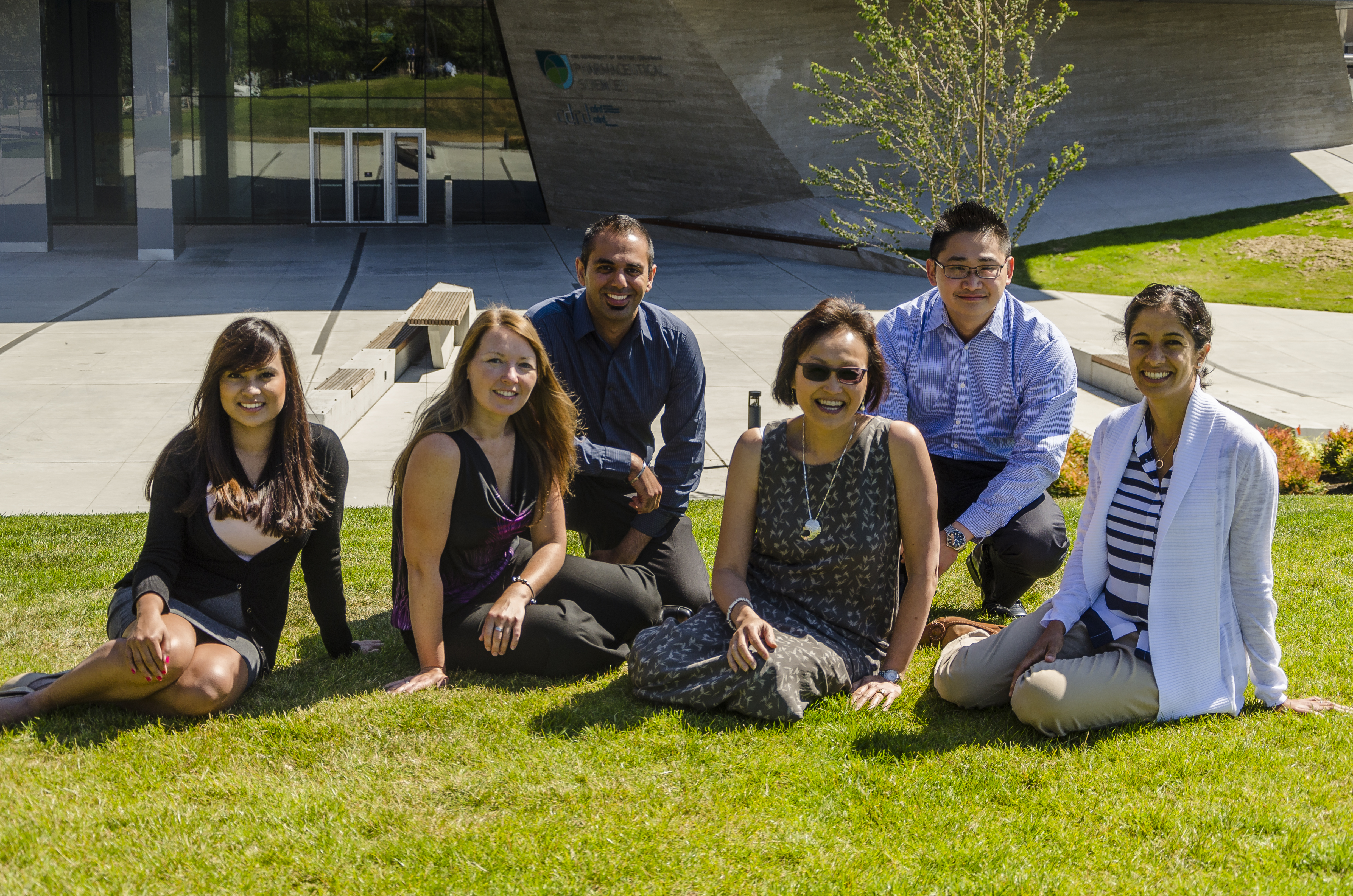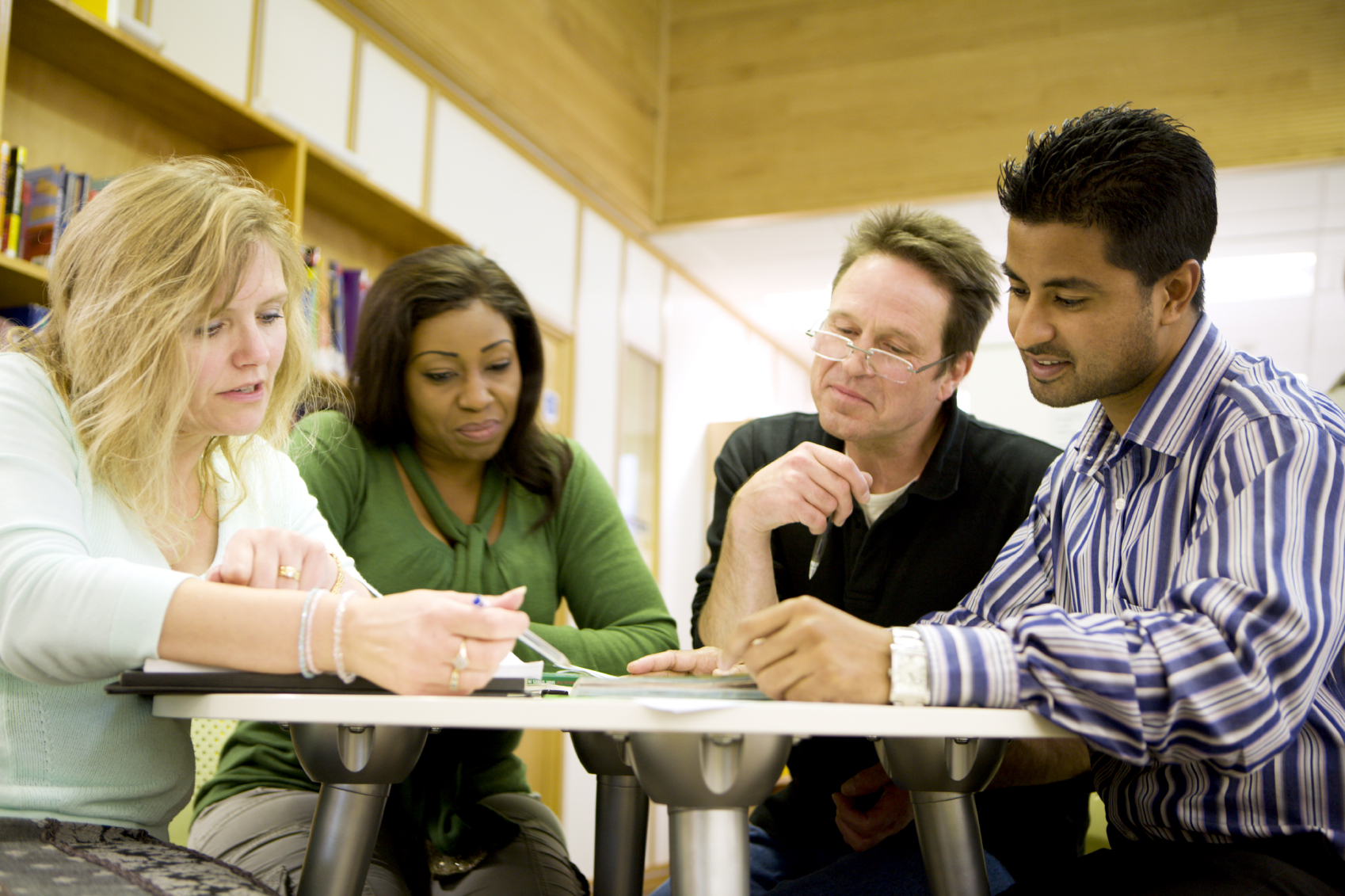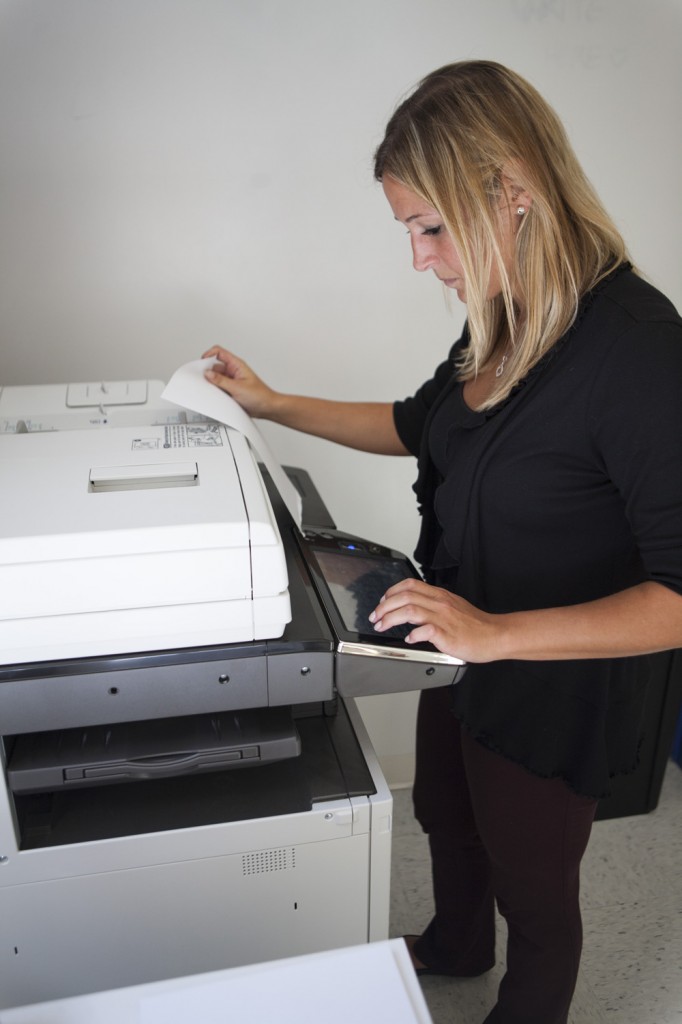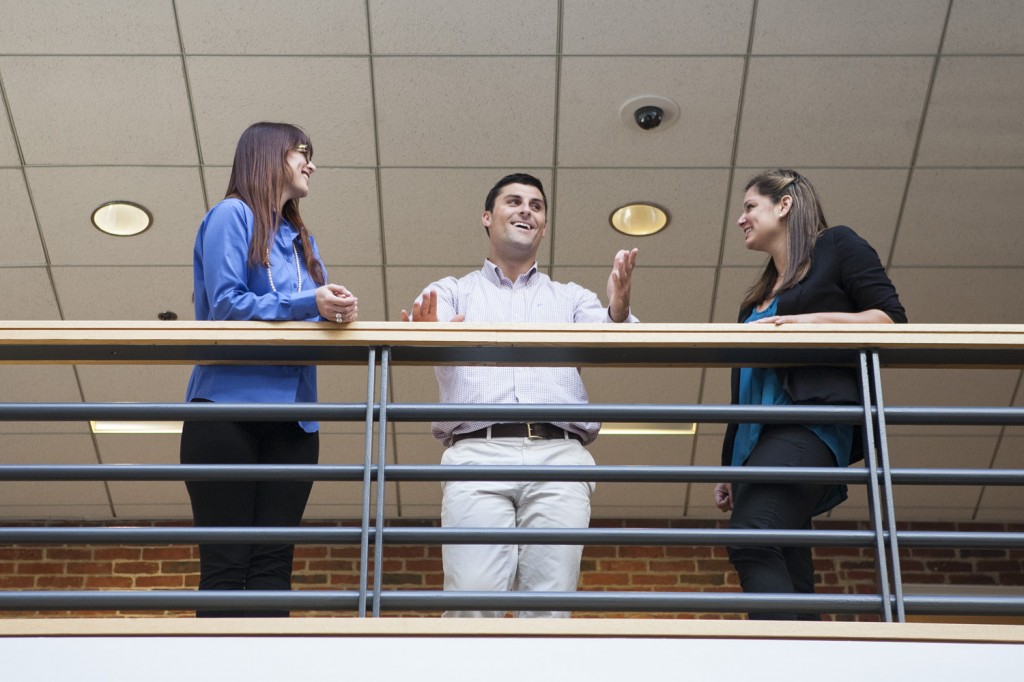Let’s face it, university can be expensive. More than just tuition, expenses include textbooks, lab equipment, tutors, transportation, housing, and food – that is before you have factored in a social life. Scholarships and bursaries can make the financial burden of school more manageable, so we have compiled a short list of resources you can use to look for and win scholarships.
Scholarship Websites:
One great way to look for scholarships is to sign up for a website that does the searching for you. Scholarships Canada and Student Awards are the two biggest names in the field of scholarship hunting. Many Canadian students may have had accounts such as these when they were in high school, so it is only a means of updating information. If you did not go to a Canadian high school, you will have to set up a new profile, which only takes about 15 minutes per site. After you hit submit, it comes up with dozens of different bursaries and scholarship opportunities. What is great about using sites like these is that it only provides you with information about scholarships that are still available, so you don’t have to worry about already having missed the deadline.
The trick to websites such as these is to spend time filling out your profile – include all your interests, career aspirations, university goals, parents work information, sports interests, ect. The more information you give the website, the more it can tailor the scholarships it presents you.
Family Affiliations:
Many scholarships can come from your parents work affiliations or volunteer organizations that your family contributes too. Organizations such as rotary, unions, scouting, churches, cultural groups and many more offer scholarships for children of their members – make sure to check out the websites of any organizations your family is affiliated with. Smaller organizations may not know to put their scholarships up online, so check the community boards to ensure you are not missing out!
If there is a scholarship, express your interest in person (if possible, such as at a meeting or by talking to the scholarship organizer) as it helps put a face to the name, allowing you to stand out in the selection process. Tailor your scholarship application to the particular organization you are applying through – highlight your work with children if you are applying through a youth center, or your work in the community if you are applying through a humanitarian organization.
The University:
The University itself tries to provide you with opportunities for scholarships and the resources to ensure that your scholarship application is strong. Visit Brock Hall and speak to an Enrollment Services Professional if you have any questions regarding University scholarships. Many scholarships, especially for current university students, require a resume and/or cover letter – Career Services, which is also located in Brock Hall, offers advising appointments for resumes, cover letters, and CVs. This can be especially helpful if you are not familiar with Canadian resume customs.
The University offers many scholarships for continuing students, you can check out the information on their scholarship website – pay close attention to the deadlines, if you know that school is going to be very busy for you in the fall, make sure to apply to the scholarships now.
These resources and opportunities are available year-round, so even if you have missed a deadline for a scholarship this past year, you can ready yourself for the next.
Where do you look for scholarships? Have any great tips for creating a stellar scholarship application? Share them for other students in the comments section below!
– Sukhman Perhar, Communications and Marketing


 Follow
Follow





